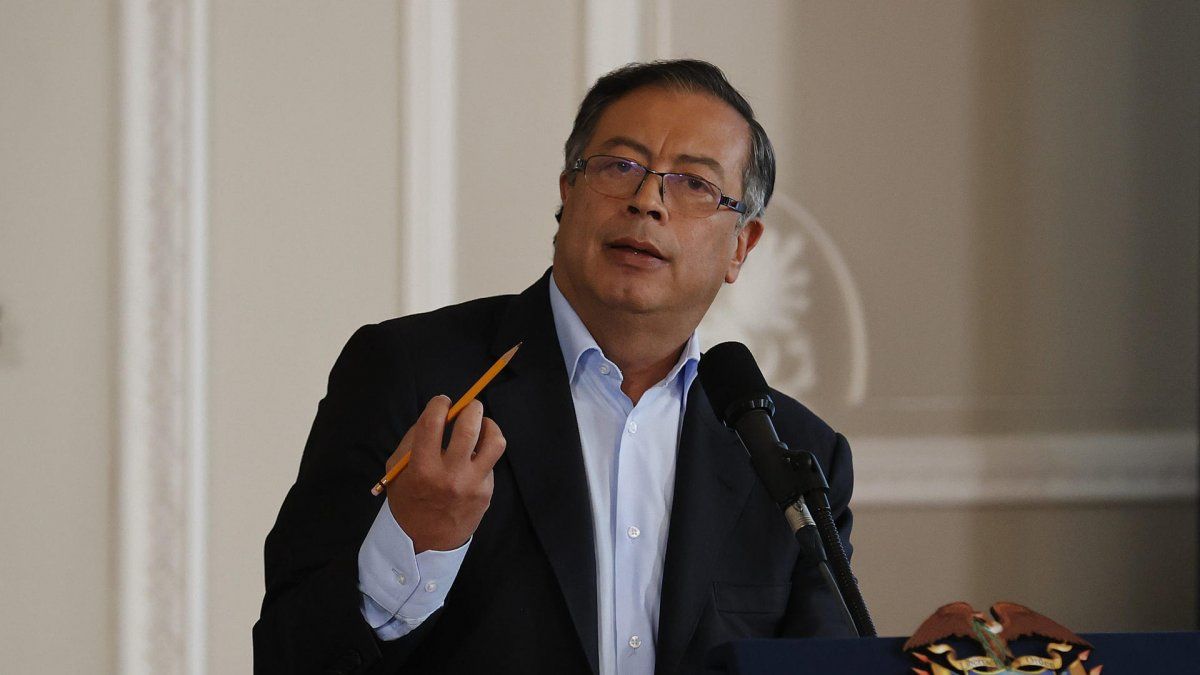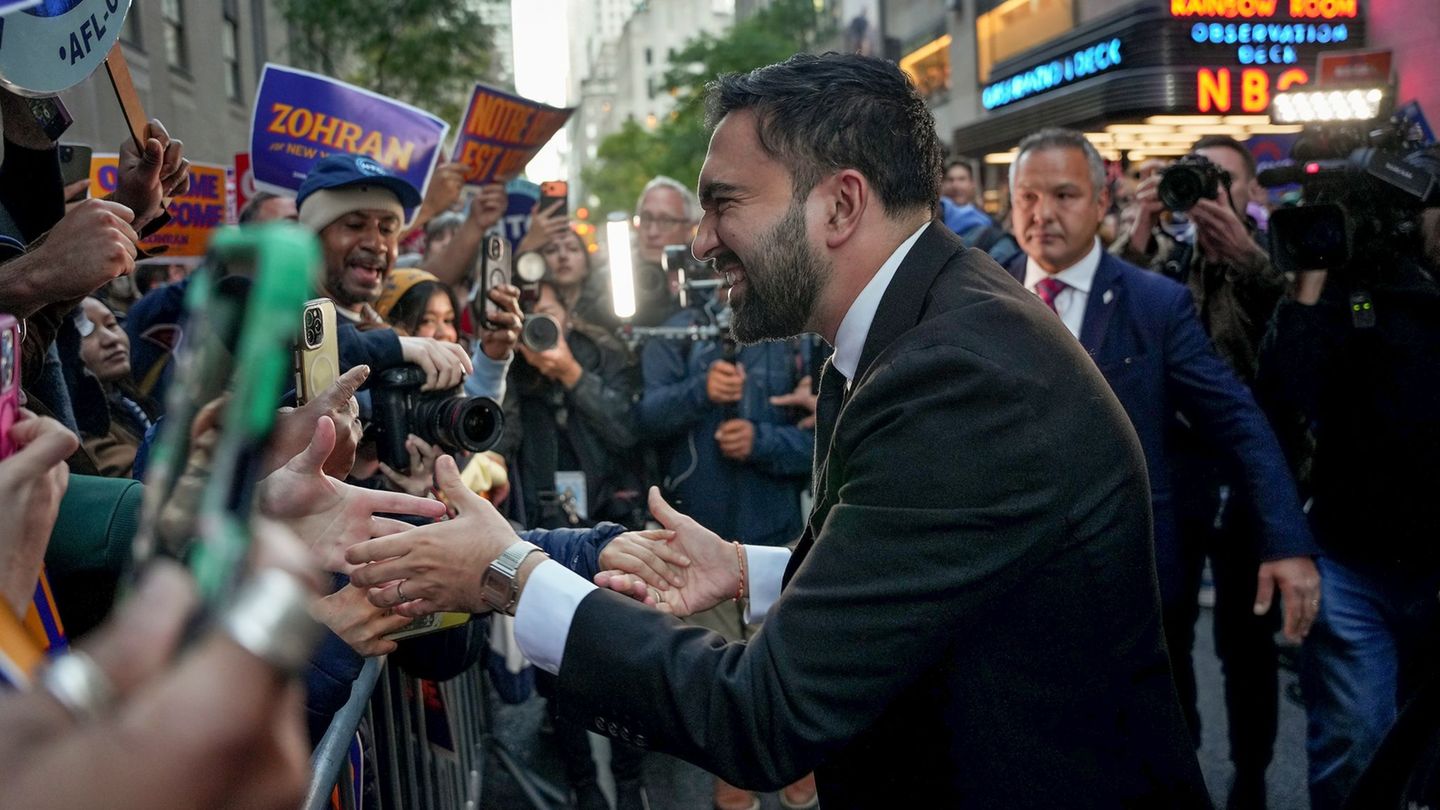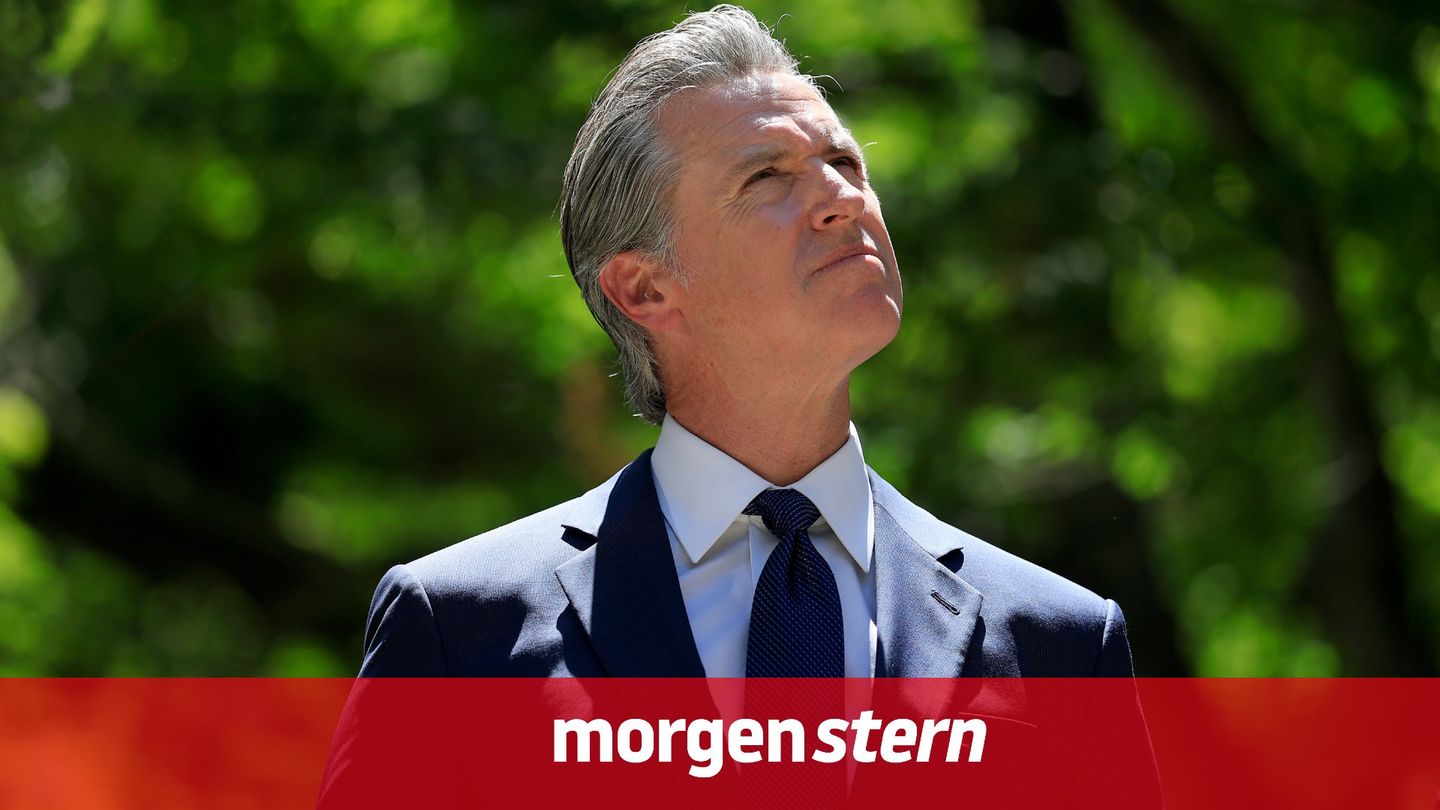The university will be free in Colombia: This was determined through a decree by the president Gustavo Petrowhich establishes the regulations that will implement free of charge in the first stage of the public university education. The announcement comes after his criticism of the project Javier Milei’s lawwhich enables educational fees for foreigners.
“I have signed the decree of free higher public education in Colombia. It was a campaign promise and today it is a reality,” Petro confirmed this Saturday on his X social network account, and added: “I will seek to make higher education a right for everyone who lives in Colombia. On this path I will allocate 2.8 billion of the national budget for next year and 1.5 billion will be allocated to increase university infrastructure.”
The new Colombian free policy is called “University in your Territory“and will begin in the first half of 2024. According to a statement from the Colombian Ministry of Educationproposes “the flexibility of requirements in relation to the socioeconomic stratum, age, nationality, the prioritization of indigenous populations, Afro-descendants, victims of the armed conflict, people with disabilities, mothers who are heads of families, people deprived of their liberty.”
Embed – https://publish.twitter.com/oembed?url=https://twitter.com/petrogustavo/status/1741154877378625715&partner=&hide_thread=false
I have signed the decree of free higher public education in Colombia. It was a campaign promise and today it is a reality.
I will seek to make higher education a right for every person who lives in Colombia.
On that path I will allocate 2.8 billion next year… https://t.co/o1P741lnoq
— Gustavo Petro (@petrogustavo) December 30, 2023
Gustavo Petro crossed Javier Milei due to the Omnibus Law
Gustavo Petro, president of Colombiacriticized the president Javier Milei for his attempts at economic and social reforms and pointed against the proposal to pay public universities fees only for foreigners: “They are expelled from the country.”
The Colombian president questioned his Argentine counterpart and assured that the State will receive more than 20,000 students residing in Argentina: “We will receive 20,000 Colombian students who were educated for free in Argentina. “They are literally expelled from that country, for them there was no so-called ‘freedom’.”
“We are going to manage so that they can continue their studies in Colombia without major obstacles and also for free”, he added through his official account on the X platform (ex Twitter).
Omnibus Law: Javier Milei’s project that seeks to pay university fees for foreigners
Tariffs for some. President Javier Milei presented before the National Congress the project of “Omnibus Law”, with which it seeks to implement profound reforms in the State. One of the points proposed by the law is the implementation of duty for all those foreigners that, without residence or establishmentwant to study some higher study career (university and tertiary), in Argentina. Applies to institutions of “state management higher education” and national universities.
This proposal would leave out so many native argentines and the foreigners residing in the countrywho could continue enjoying the “non-tariff education”. Curiously, the article that mentions this point is within the “Private Universities” section, when in reality it is talking about the educational institutions of Public Management.
The text states: “Degree studies in state-run higher education institutions for all Argentine citizens, native or by choice and for everything foreigner who has permanent residence in the country, they are freeit is prohibited to establish any type of levy, rate, tax, tariff or fee, direct or indirect, on them.
State-run higher education institutions and national universities in the exercise of their autonomy, may establish tariffs for degree teaching services or educational pathways for those students who do not meet the requirements set forth in the first paragraph. However, said students may be holders of scholarships, if this is provided for by the corresponding statutes or by the agreements in the following paragraph.
State-run higher education institutions may sign agreements or agreements with other States, national and international institutions or organizations, public or private, aimed at share resources of all kinds and implement best practices in education and management of educational organizations, as well as to promote exchanges and joint educational processes or in mutual association.
Source: Ambito




